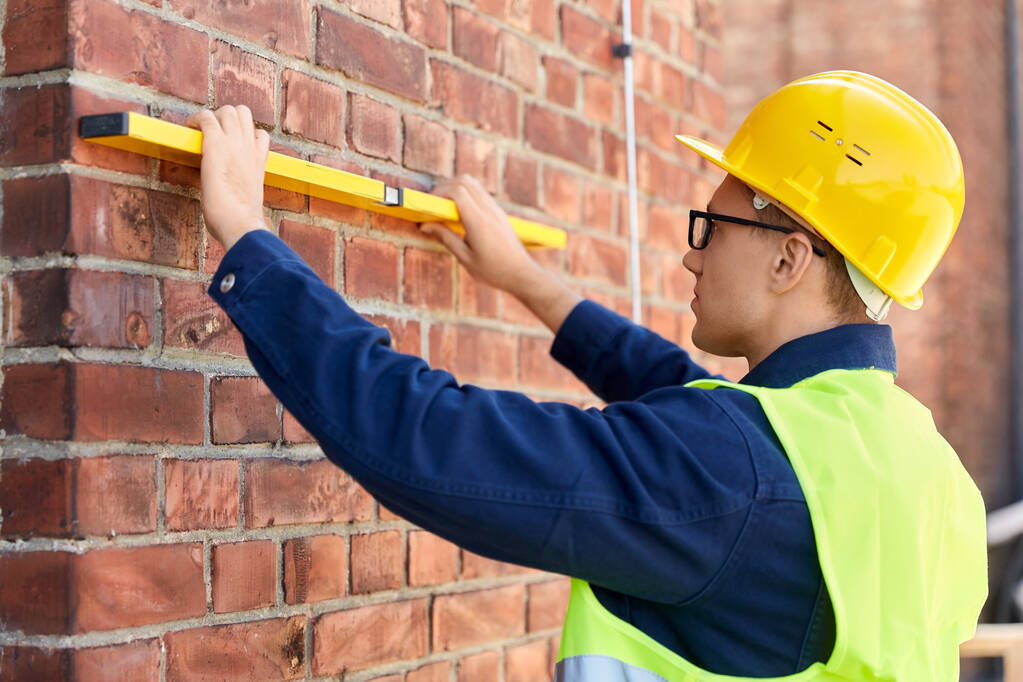When it comes to buying or selling a home, ensuring the integrity and safety of the property is of utmost importance. Home inspections play a critical role in this process, providing potential buyers and sellers with a comprehensive assessment of the property’s condition. In Colorado, home inspections are regulated by the state, and individuals must obtain a Colorado Home Inspector License to practice professionally.

This article explores the requirements, benefits, and significance of obtaining a Colorado Home Inspector License.
The Importance of Home Inspections
Home inspections are vital in real estate transactions as they offer a thorough evaluation of a property’s structural integrity, systems, and potential issues. For buyers, a home inspection provides peace of mind by uncovering any hidden problems that may impact the property’s value or safety. Sellers benefit from inspections as they can address any issues before listing the property, potentially increasing its marketability. In this context, a licensed home inspector’s role is critical, as their expertise and knowledge help facilitate informed decision-making for all parties involved.
Colorado Home Inspector License Requirements
To become a licensed home inspector in Colorado, individuals must meet specific requirements set by the Colorado Division of Real Estate. These requirements are designed to ensure that inspectors have the necessary qualifications and competence to perform inspections effectively. The main requirements for obtaining a Colorado Home Inspector License include:
- Education: Prospective inspectors must complete a minimum of 96 hours of approved pre-licensing education. This coursework covers various aspects of home inspections, including structural components, electrical systems, HVAC systems, plumbing, and more. These courses equip inspectors with the knowledge needed to identify potential issues and provide accurate assessments.
- Examination: Aspiring home inspectors must pass the Colorado Home Inspector Exam, which evaluates their understanding of the industry’s best practices, regulations, and standards. The exam tests individuals on their knowledge of building codes, safety measures, inspection techniques, and report writing. Passing the exam demonstrates a comprehensive understanding of the profession.
- Insurance: Home inspectors in Colorado must have a minimum of $100,000 in general liability insurance coverage. This requirement protects both the inspector and the clients in case of any damages or errors during the inspection process.
- Experience: In addition to educational requirements, applicants must complete a minimum of 50 supervised home inspections. This practical experience is crucial for inspectors to gain hands-on knowledge and apply their theoretical understanding in real-world scenarios.

Benefits of Obtaining a Colorado Home Inspector License
- Credibility and Trust: Holding a Colorado Home Inspector License instills confidence in clients and differentiates licensed inspectors from uncertified individuals. Buyers and sellers are more likely to trust licensed professionals to deliver accurate assessments and unbiased reports.
- Compliance with Regulations: Obtaining a license ensures that inspectors adhere to state regulations and industry standards. This compliance helps maintain consistency and professionalism within the home inspection industry.
- Expanded Career Opportunities: A Colorado Home Inspector License opens doors to various career opportunities. Licensed inspectors can work independently, join established inspection firms, collaborate with real estate agents, or pursue specialized niches such as commercial inspections or energy efficiency assessments.
- Professional Development: The licensing process, including education, examination, and experience, allows home inspectors to continually enhance their skills and knowledge. Staying updated with the latest building codes, technologies, and industry trends improves the quality of inspections and increases overall professionalism.
Learn more at Wiki as well.
